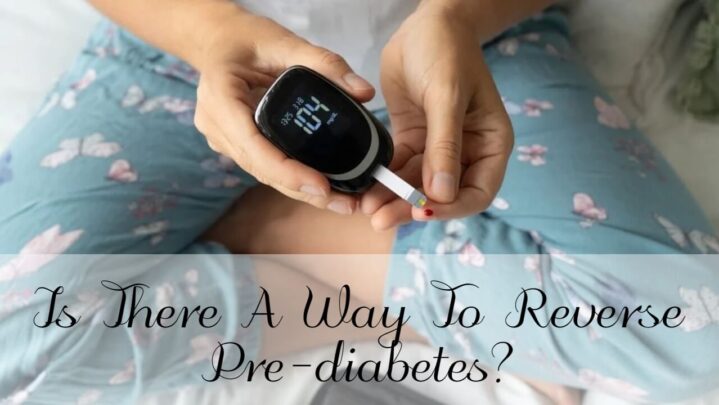Despite the fact that your blood sugar levels in prediabetes are not yet high enough to be classified as type 2 diabetes (thus the “pre-“), it is crucial to treat your diagnosis seriously in order to avoid further difficulties that may arise if it is allowed to worsen unchecked. The good news is that if found early enough, it can be fully reversed!
You’re in good company because prediabetes is also very widespread.
Your pancreas produces the crucial hormone insulin. Its function is to convert blood sugar into energy so that your body can use it more effectively. Blood sugar is obtained from the food you eat.
According to Trista Best MPH, RD, LD, “Those with prediabetes can not absorb glucose efficiently, which results in a frequent buildup of high blood sugar since there is insufficient insulin.” In order to prevent this buildup, the body produces insulin, but high blood sugar results when either not enough is produced or the cells grow resistant to insulin.
Prediabetes (and eventually type 2 diabetes) can result in a variety of other health problems, such as nerve damage and an increased risk of cardiovascular disease if they are not treated quickly.
Diabetes Precursor Warning Signs:
More hunger and thirst
Fuzzy vision
Fatigue
Frequent urination
Taking a long time to heal wounds
Increasing frequency of infections
In the hands or feet, numbness or tingling
Some parts of the skin, such as the neck, knuckles, elbows, or knees, may discolor in patients with prediabetes. If untreated, prediabetes can also result in silent heart attacks, which are heart attacks that don’t cause any obvious symptoms, and renal damage.
How to Stop Prediabetes from Turning Into Diabetes
Prediabetes, thankfully, is completely curable. To get help and a qualified diabetes educator, ask your doctor to put you in touch with them. Never forget that you don’t have to make changes on your own. For those with diabetes or prediabetes, the majority of health insurance companies will pay for nutritionists and physical therapists.
Begin modestly.
For instance, even a short stroll might have a significant impact. It has been demonstrated that daily walking for at least 30 minutes significantly lowers the risk of type 2 diabetes by about 50%.
Don’t remain motionless.
If you’re used to sitting at a desk all day for work, you can set a timer or alarm to remind yourself to get up and walk around every half-hour. While leaving your parked automobile, get up, stretch, and consider taking the longer path or using the stairs as opposed to the elevator.
Enter nature.
Spend some time gardening, taking part in a communal garden nearby, doing yard work, or hiking a nearby path.
Keep hydrated.
Regularly consuming a lot of water has a number of positive effects on your health. Try to replace soda and other sweetened beverages with water and other unsweetened options. This may aid in weight loss, which is important for preventing type 2 diabetes. Also, studies show that drinking water helps to keep blood sugar levels in check.





